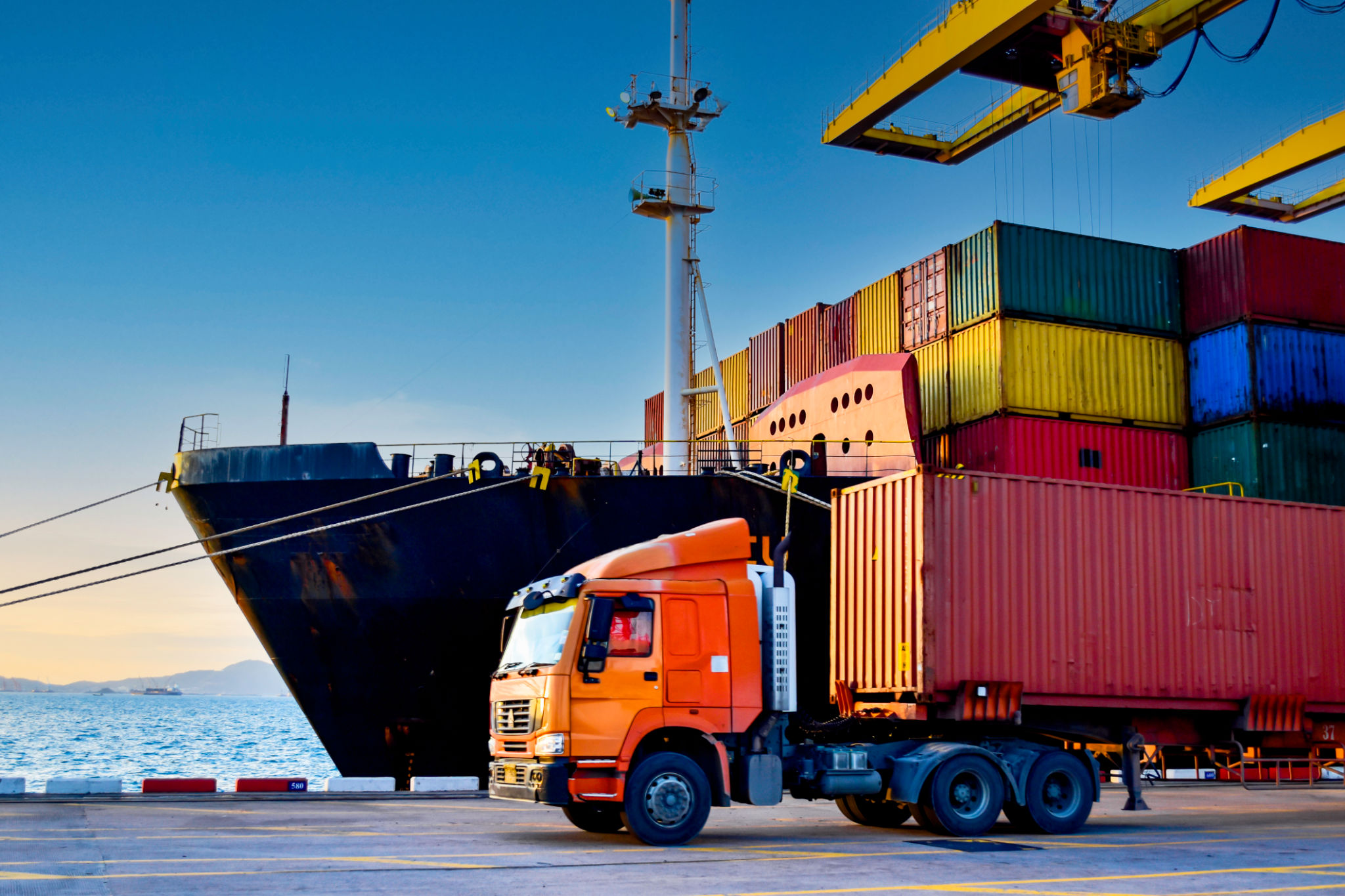Exploring the Impact of Local Regulations on Supply Chain Optimization in Georgia
Understanding Local Regulations in Georgia
As businesses strive to optimize their supply chains, understanding and navigating local regulations become crucial. In Georgia, these regulations can significantly impact logistics, transportation, and overall supply chain efficiency. Whether you're a seasoned logistics manager or new to the industry, being aware of these regulations ensures compliance and smooth operations.
Local regulations in Georgia cover various aspects of the supply chain, including transportation, environmental standards, and labor laws. These rules are designed to maintain safety, environmental sustainability, and fair labor practices. However, they can also pose challenges for businesses looking to streamline their operations.

The Role of Transportation Regulations
Transportation is a critical component of supply chain optimization, and Georgia's regulations in this area are designed to ensure road safety and infrastructure preservation. For instance, weight restrictions on cargo vehicles help protect highway integrity, while specific routing requirements can prevent congestion in urban areas.
Businesses must navigate these regulations by utilizing technology such as GPS routing software, which can help plan routes that comply with local laws while minimizing delivery times. Additionally, partnering with local logistics companies familiar with Georgia's regulations can provide valuable insights and assistance.
Environmental Impact and Compliance
Environmental regulations are another critical area affecting supply chains in Georgia. These laws aim to reduce pollution and promote sustainable practices across industries. For supply chains, this could mean adhering to specific guidelines on emissions from transportation vehicles or waste management practices at distribution centers.
To address these challenges, companies can invest in cleaner technologies or adopt more sustainable practices throughout the supply chain. This not only ensures compliance but can also enhance a company's reputation as an environmentally responsible entity.

Labor Laws and Workforce Management
The human element of supply chain management is governed by labor laws that ensure fair wages, working conditions, and employee rights. In Georgia, staying informed about these laws helps businesses maintain a satisfied and productive workforce.
Adopting fair labor practices is not only a legal necessity but also a strategic advantage. Companies that prioritize employee well-being often experience lower turnover rates and higher morale, contributing to overall supply chain efficiency.
Leveraging Technology for Compliance
Technology plays a pivotal role in navigating local regulations effectively. From digital compliance platforms that track regulatory changes to automated reporting tools that ensure timely submissions, technology can simplify the complex landscape of local laws.
Companies that invest in such technologies often find themselves better positioned to adapt to regulatory changes swiftly, thereby minimizing disruptions in their supply chain operations.

The Future of Supply Chain Optimization in Georgia
As Georgia continues to evolve its regulatory framework, businesses must remain agile and informed. Engaging with local industry bodies or participating in regulatory workshops can provide valuable insights into upcoming changes and how they might affect supply chain operations.
Ultimately, the key to successful supply chain optimization lies in balancing efficiency with compliance. By understanding the impact of local regulations and leveraging technology, businesses can achieve both objectives effectively.
